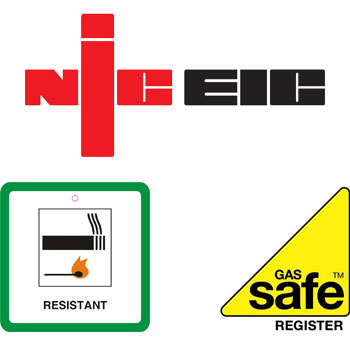The legalities of letting your property

There are certain legalities that will have to be met before you rent your property out these include:
- Having an EPC (Energy Performance Certificate) carried out - these are valid for 10 years. If this is not provided to the tenant at the start of the tenancy it may affect your ability to serve notice to the tenant
- A Gas Safety Certificate must be obtained if there is a gas supply - at the property these should be carried out by an approved Gas Safe Engineer every year. If this is not provided to the tenant at the start of the tenancy it may affect your ability to serve notice to the tenant
- Ensure that the electrics and any electrical equipment is safe - for this we would strongly recommend having a periodic electrical inspection carried out every 5 years in addition to having any appliances PAT tested annually by a qualified electrician
- All landlords in England are required to install smoke alarms on every floor of their property, and test them at the start of every tenancy. Landlords also need to install carbon monoxide alarms in high risk rooms - such as those where a solid fuel heating system is installed. Sanctions for not doing so include up to a £5,000 civil penalty
- Any furniture that is supplied should comply with the Furniture and Fire Safety Regulations - once you have found a tenant you will be required to lodge the deposit with a government backed tenancy deposit scheme
- The How to rent guide needs to be served on all new and renewal tenancies as of 1 October 2015. The guide serves as a helpful check list for tenants, offering guidance through every step of the letting process. If not served it could affect your ability to serve notice
If you are going to be letting your property out to more than one tenant, you should check with your local authority to find out whether this will class the property as a House with Multiple Occupancy (HMO) as this means you have some extra regulations to comply with on top of the general rules that apply to letting a property. Some local authorities have their own additional requirements on top of the standard regulations that apply, and it’s best not to fall foul of them!






